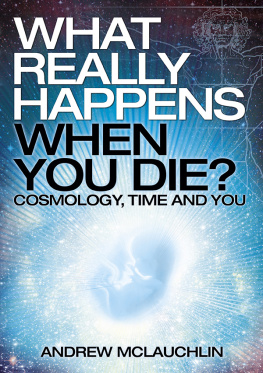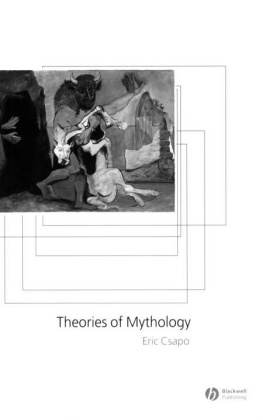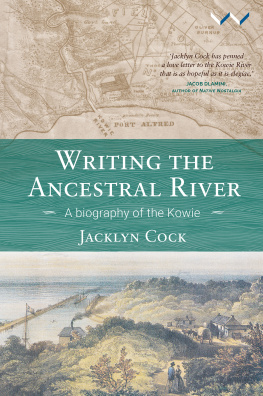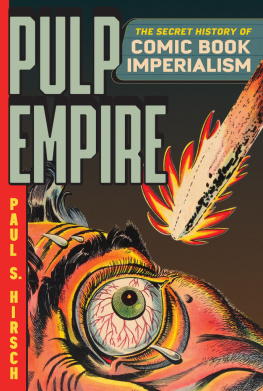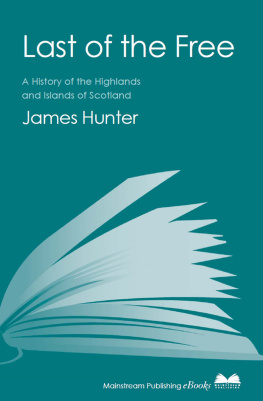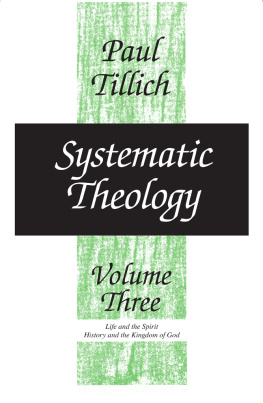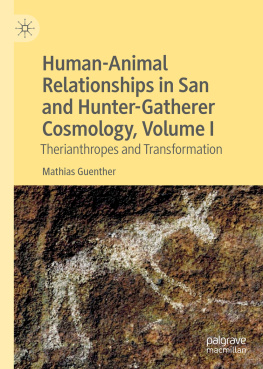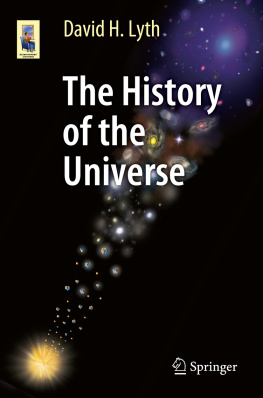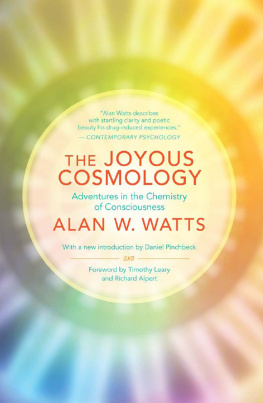
Ancestral Presence
Ancestral Presence tells a history that has more than one history in it while also telling the story of the relation between worlds.
For the Fuyuge people of the Papuan highlands, the past is not history in a conventional sense. For them, the world and its history derive from a creator force called Tidibe, which is central to Fuyuge cosmology: the Fuyuge are at the centre of the world. But Fuyuge people are part of another history, too: they have experienced decades of mission and government influence from centres of power located elsewhere, to which their mountain home is marginal and remote. Through a detailed exploration of Fuyuge myth, changes to ritual life and cosmology, Eric Hirsch weaves an account of the relationship between these two histories. He documents the real changes wrought by colonialism, government and Christianity from the late nineteenth century to the turn of the millennium. Yet this is not a story of continuity and change. Hirsch demonstrates how transformation was always central to Fuyuge life: changes brought by missionaries and government were processes they themselves initiated in the ancestral past through Tidibe, the cosmological creator force.
Engaging in debates that have been pivotal to Melanesian anthropology, the book presents an ethnographically rich account of a distinctive world, cosmology and ideas of historical change. It also raises questions regarding assumptions central to Western History, its worldview and ideas of historical time.
Eric Hirsch is Reader in Anthropology at Brunel University London. He has a longstanding interest in the anthropology and history of Papua New Guinea and Melanesia more generally. His most recent publication is The Melanesian World (co-edited with Will Rollason), Routledge, 2019.
Anthropology of History Series
Series Editor: Stephan Palmi and Charles Stewart
Anthropologists have taken apart Western assumptions about Law, Economics and Religion in order to overcome ethnocentrism in the study of these domains in other societies. The category of History, however, has not been subjected to such treatment. Although anthropologists and historians have collaborated to produce a large and vibrant subfield of History and Anthropology, they have tended to be guided by a readymade model of history. There has been little systematic reflection on the Western commonsense idea of history, nor much focus on the particular assumptions about the past that animate other societies. With this book series, we are calling for a new orientation that will concentrate squarely on how people, whether far away or within our own society, establish relationships with the past.
Examples of such alternative historicities (culturally particular ways of relating to the past) include spirit possession, popular genealogy and genomics, rituals ranging from shamanic practices to Easter processions, reenactments, and video gaming among many other possibilities. The editors invite monographs that approach the question of history through historical research, ethnography, cultural studies or other relevant methodologies. The past may be experienced through various senses and genres including music, drama, film and digital media thereby making the Anthropology of History a wide domain of interdisciplinary collaboration extending beyond Anthropology and History to approaches from Music, Art, Archaeology, Drama, and STS.
The Varieties of Historical Experience
Edited by Stephan Palmi and Charles Stewart
Bad Christians, New Spains
Muslims, Catholics, and Native Americans in a Mediterratlantic World
Byron Hamann
Ancestral Presence
Cosmology and Historical Experience in the Papuan Highlands
Eric Hirsch
https://www.routledge.com/The-Anthropology-of-History/book-series/ANTHIST
First published 2021
by Routledge
2 Park Square, Milton Park, Abingdon, Oxon OX14 4RN
and by Routledge
52 Vanderbilt Avenue, New York, NY 10017
Routledge is an imprint of the Taylor & Francis Group, an informa business
2021 Eric Hirsch
The right of Eric Hirsch to be identified as author of this work has been asserted by him in accordance with sections 77 and 78 of the Copyright, Designs and Patents Act 1988.
All rights reserved. No part of this book may be reprinted or reproduced or utilised in any form or by any electronic, mechanical, or other means, now known or hereafter invented, including photocopying and recording, or in any information storage or retrieval system, without permission in writing from the publishers.
Trademark notice: Product or corporate names may be trademarks or registered trademarks, and are used only for identification and explanation without intent to infringe.
British Library Cataloguing-in-Publication Data
A catalogue record for this book is available from the British Library
Library of Congress Cataloging-in-Publication Data
A catalog record has been requested for this book
ISBN: 978-0-367-35793-1 (hbk)
ISBN: 978-1-003-13160-1 (ebk)
Times New Roman and MT Pro
by KnowledgeWorks Global Ltd.
Contents
Table of Contents
Page List
Landmarks
This manuscript includes words from the Non-Austronesian or Papuan language of Fuyuge. All Fuyuge words are shown in italics. Fuyuge words are spelled phonetically which uses five vowels (a, e, i, o, u) and fifteen consonants depending on the local dialect (b, d, f, g, h, m, n, p, r, s, t, v, y; see ). The manuscript also includes some words from the creole, lingua franca of Tok Pisin that are presented as underlined .
In the opening pages of his world history The birth of the modern world, 17801914 : 5) observes that most professional historians wonder about the question why things changed. Answers have varied over the last two hundred years, he notes. In the nineteenth century some argued that the Spirit of Reason or God was moving in the world. Others imagined peoples shifted up or down due to Darwinian natural laws or the onward movement of Progress. More recently materialist accounts of how and why things change came to the fore notably the influence of industrial capitalism, class struggle and potential human emancipation. In diverse ways, these can all be seen as secularised versions of the Judeo-Christian master narrative: from the Fall, through the dark satanic struggles between Good and Evil, to the ultimate Redemption and Final Judgement (Fulbook 2002: 59). History and religious myth are old bedfellows.
How to make sense of competing versions of the same event, time period or social process? These are a recurring issue for contemporary historians just as they were, in different circumstances, decades ago. Some say it is all a matter of establishing truth while others suggest it is less to do with the truth of facts and narratives and more with the trust they elicit in the reader creating a sense of individual political and emotional affinity. Does one trust the details and arguments presented by the author? As such, history can never escape ideology. However much historians try, they can never wholly avoid allegory or myth (see ).
This book is not a conventional history but it does draw on conventional historical materials (archives) to tell the story of a Papua New Guinean people whose ideas of history and historical change appear to be different from orthodox Western ideas. In spite of this, what I said above about the varied notions that account for historical change might suggest that, at the end of the day, there is not so much of a difference between their ideas of historical change and our own. It is up to the reader to decide. As the editors of this series, : 21) have written, many types of historical experience are flourishing in the shadow of historicism. Historicism here refers to the usually unstated principle of historical practices by which knowledge of human concerns has an exclusively historical character that to understand human affairs they must be seen in their historical development. Baylys The birth of the modern world referred to above is an exemplary instance of such a historical practice the birth (historical development) of the world now experienced by many. Baylys is only one of numerous attempts, informed by diverse perspectives, to account for how the modern world was formed.


